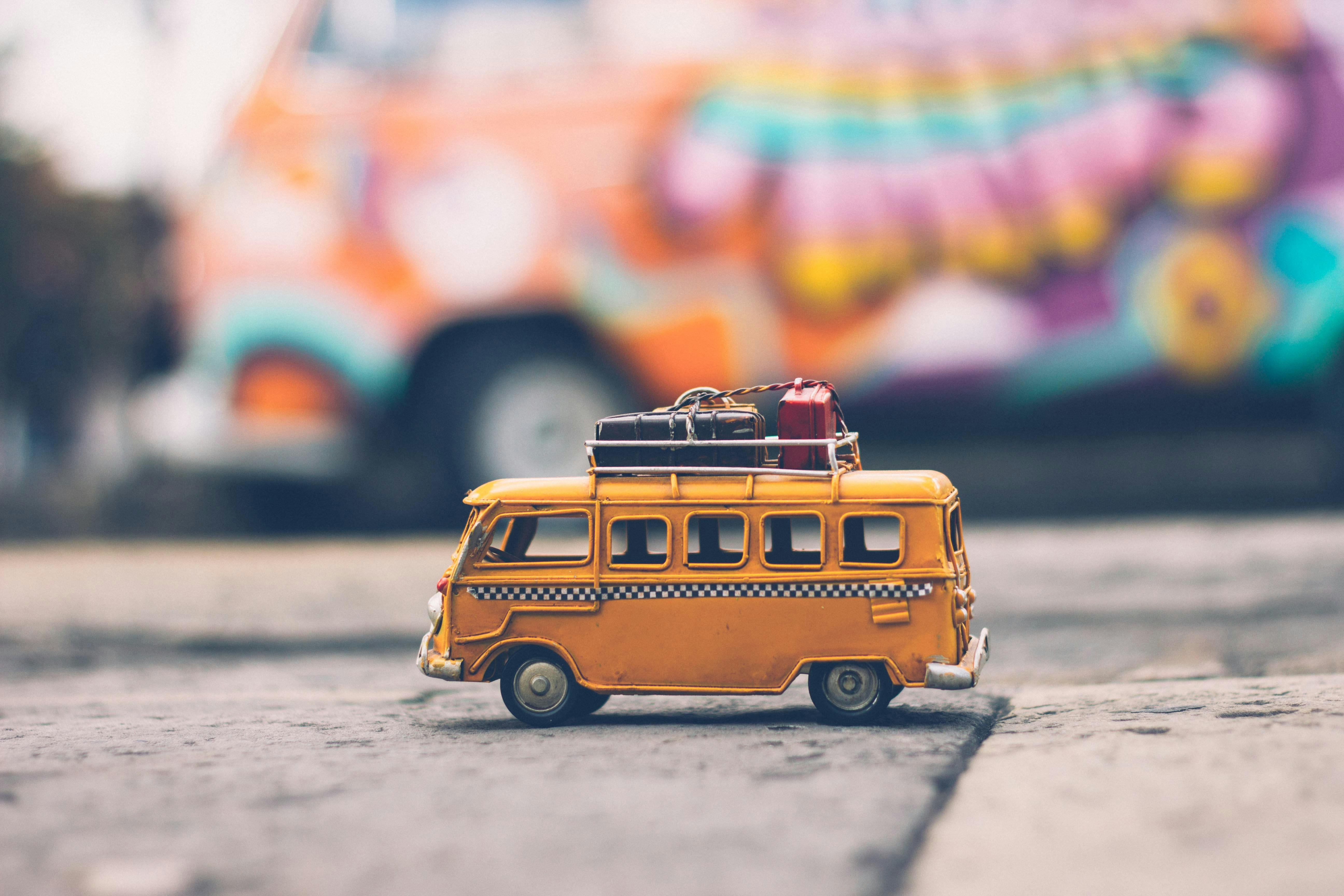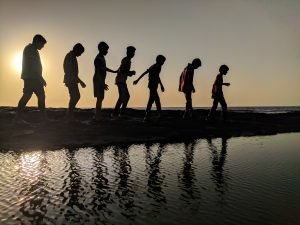All these may seem ordinary to an adrenaline junkie. However, for someone like me with multiple disabilities and assistive devices which include a heavy motorised wheelchair, hi-tech hearing aids, hearing device transmitter, batteries, chargers, and medicines, these experiences are nothing short of thrilling adventures.








Over the past decade, despite mounting physical challenges and increased dependence on assistance, my travels within and outside India have been immensely enjoyable. However, the anxiety associated with the check-in process for a battery-operated wheelchair, varying standards across airlines, and concerns about destination accessibility, local transport, accommodations, and sightseeing spots, have always weighed down my plans.
My last holiday trip outside India with my best friend and cousin raised my hopes manifold, thanks to the encouraging developments in Accessible Travel in recent years. As the holiday season approaches and travel plans take shape, let’s make a note of these trends and get going!
The Evolving Landscape of Accessible Travel
Technology has always been a game-changer, and more so for enabling accessible travel. We now have apps and websites like Planet Abled offering details on accessible routes, accommodations, and attractions which come in handy while planning.
More options for Accessible Accommodations: The demand for inclusive travel experiences has led to many hotels and lodging facilities being better equipped with features such as ramps, wider doorways, and accessible bathrooms. However, it’s always better to double-check and triple-check the minutia like the width of doorways and elevators. Despite the best-laid plans, you may find yourself in an ultra-modern, expensive hotel room with the least accessible bathroom!
Enhancements in Transportation: Various modes of transportation, including aeroplanes, trains, and buses, have made efforts to enhance accessibility. This includes physical modifications to vehicles and comprehensive staff training to assist travellers with disabilities.
While planning our 2021 trip to Sri Lanka, my best friend made proactive inquiries and rapport-building with a tour operator which ensured modifications to the minibus for easy entry and exit, offering a hassle-free local commute. It made a huge difference to our 8-day itinerary in the country.
Inclusivity in Travel Experiences: The travel industry is actively working towards offering more inclusive and diverse experiences. This involves the development of accessible tours, activities, and attractions catering to a wide range of abilities. It’s time, travel agencies and hotels catered to individuals with and without disabilities to make the experience more inclusive.
Accessibility Standards and Certifications: Certain hospitality and travel businesses are seeking accessibility certifications to underscore their commitment to accommodating all travellers. Certifications, whether local or international, play a crucial role in ensuring inclusivity. Heritage Monuments: While some heritage buildings may be challenging to modify, there’s a positive trend of making them more accessible. Many, like Qutub Minar or the Thirumalai Nayakkar Mahal in Madurai, have become wheelchair accessible, allowing for a broader exploration of historical sites.
Increased Advocacy, Awareness, and Sensitisation: Growing awareness of diverse traveller needs is driving advocacy efforts. Collaborations between the travel industry, disability organisations, and governments are promoting accessible travel and implementing policies supporting inclusivity.
Future Trends and Adventure Tourism
Looking ahead into 2024, the rise in adventure tourism for individuals with disabilities is an exciting prospect. Some destinations are also investing in comprehensive accessible destination planning, ensuring an inclusive travel experience from arrival to departure. Corporate Social Responsibility (CSR) in Accessible Travel will make a big difference if big corporations invest in accessible travel which could significantly impact the market, catering to the diverse needs of individuals with disabilities.
Planning, ensuring necessary documentation for wheelchairs, and conducting thorough accessibility checks for accommodations contribute to a smoother travel experience. There’s a world waiting to be explored, and despite inevitable challenges, let’s not allow a few hiccups to deter us from the thrill of discovery.









